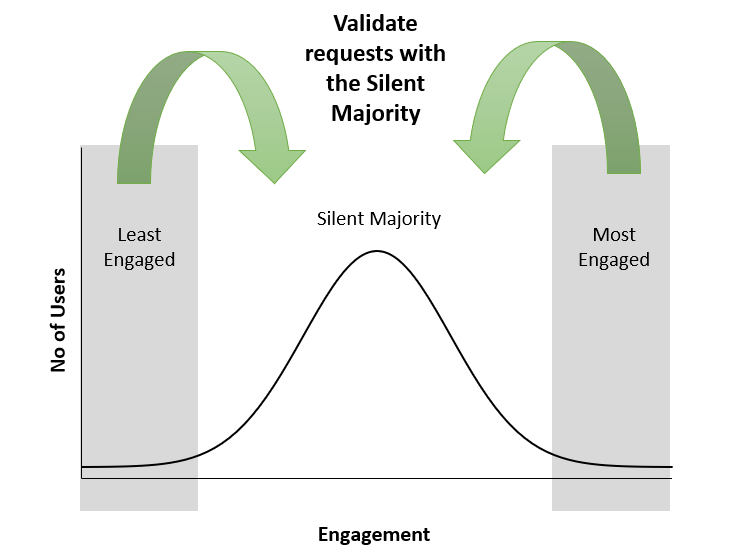Published: February, 2019
As a company with a product or service of your own, I am sure you are very clear on what drives up your costs – raw materials, machinery and equipment, people, research and development, etc. You need to be in this same mindset when minimising the costs of your CRM implementation.
The golden rule here is to know and understand what drives your CRM costs.
A major cost of all CRM implementations is the use of your CRM Partner’s resource and expertise: your Partner’s TIME.
When you call on their consultant’s time, business analyst’s time, developer’s time, project manager’s time, etc. have this at the forefront of your mind. Remember this throughout your project, before, during, and after and do everything you can to keep this vendor time to a minimum.
Minimising your CRM costs
So how can you manage this resource cost? Read on and we’ll share our experience and best practice in keeping your CRM implementation costs under control.
Be flexible with your business processes
What does this mean? Bending your business processes to fit with the CRM solution rather than bending your CRM solution to fit your business processes. It’s always advisable to use as much of the out-of-the-box functionality as possible. This may mean changing your business process and retraining your people, but in the long run, it will save money.
A CRM has a comprehensive range of out-of-the-box functionality such as a defined best practice sales pipeline with the relevant elements and terminology aligned to it. Yes, most CRM solutions are highly
When customisation is layered upon customisation, something as simple as a periodic software update can all of a sudden become a nightmare for your project finances. A previous colleague of mine once exclaimed proudly that, “In the digital world everything is possible!” This is only half of the truth.
“In the digital world, everything is possible! But is it sensible, practical, feasible, and/or valuable…?!”
Be clear on what you want CRM to do and why you want it to do it
Having a clear CRM strategy means establishing your primary goals and how those goals will be measured. Keep the number of goals to a minimum, especially for your first phase. A single clear goal and how the goal will be measured is ideal; anything more than three will be more challenging. Remember, this is a first toe-dip into the world of CRM. Once you have implemented Phase 1 and your business has learned and used the CRM solution, then look at your additional goals.
There is a saying that comes to mind here: you don’t want your CRM solution to be a jack of all trades, more of a master of one (or maybe two…)
Don’t pander to your audience (too much)
If you’re doing a good job of your communication and engagement, word will get around about the new CRM solution and as you progress you will get suggestions, feedback, thoughts, even direction from senior personnel. The critical activity here is to validate, with a wider audience (the silent majority), the genuine usefulness of the requests and how it weighs against the CRM costs and consequences.

Find a credible CRM Partner whose drive is your success, not their wallet
When choosing the right vendor for your CRM, avoid the ‘yes people’ (you’ll identify them fairly quickly). Everything you ask of them they respond with a simple, “Of course we can do that!”, with no comment or thoughts to the implications of your request. You must build a relationship with your CRM Partner.
When you ask for the latest technology solutions to be implemented and your partner responds with, “Why do you want this?” or, “OK but the implications of doing that are…”, hang on to them. The difficult questions that they are asking will be proof that they are rooting for you to succeed.
Be realistic with your priorities
Prioritisation of features is essential. It enables you to establish what is important to your business and what your first phase solution should look like.
Using
The best approach to implementing any new software system is an incremental one, as the diagram suggests. Having something usable after Phase 1 is your ambition but start small and incrementally improve on it gaining user feedback and learning as you go. Something you deem essential during project preparation may be far less so once you have users actually working with the system.

Be accessible to your Partner
As mentioned earlier, the golden rule, manage your Partner’s time. Nothing will burn up time more than not giving timely responses to questions, actions, issues, etc. You have a day job to do and your diary is full all the time, so set aside at least an hour a week to review progress and get questions answered, or even better, set aside 15 mins a day to have a quick check-in call with your CRM Partner.
Empower your team to make decisions
If as CEO, Director, manager or leader, you find you are the only person who can make decisions on all aspects of the project, you are going to drive up CRM costs; and maybe drive down the will of your teams. Your business employs your teams to make decisions, empower them to make them (especially your product leads).
Delays will pile up if in every scoping/planning meeting all that is happening is your Project lead taking notes and responding, “I have to check that and come back to you”. If you are nervous about empowering someone else, then you need to make time to be part of the meetings, to make the real-time decisions and answer questions.
Be clear on your data requirements
So far we have not really discussed much of the system itself. But here we must mention the special place for DATA. Data is almost always underestimated in terms of its potential impact on a project; both positively and negatively.
Some question to get clear on your data:
- How valuable is the data? (do we really need it in CRM?)
- What is the quality of the data? (consider duplication, missing data, adherence to standards, usability)
- How will the data be consumed? (integration or migration)
- How will you enable consumption?
Recap
To recap, the number one thing to be aware of is your Partner’s time – it is a large proportion of your CRM costs. Do everything you can to ensure time is used by the things that will drive your project forward and not consumed by things that won’t. Planning and preparation are key.
Use the following as a checklist to help eliminate the obvious areas.
- Be clear on what you want CRM to do and why you want it to do it
- Don’t pander to your audience (too much)
- Find a credible CRM Partner whose drive is your success, not their wallet
- Be realistic with your priorities
- Be accessible to your Partner
- Empower your team to make decisions
- Be clear on your data requirements
− Alastair Jupp, Business Analyst

To find out more about minimising your CRM costs, please contact us.
| Related Articles and Information: | Why choose QGate for your CRM project? |


